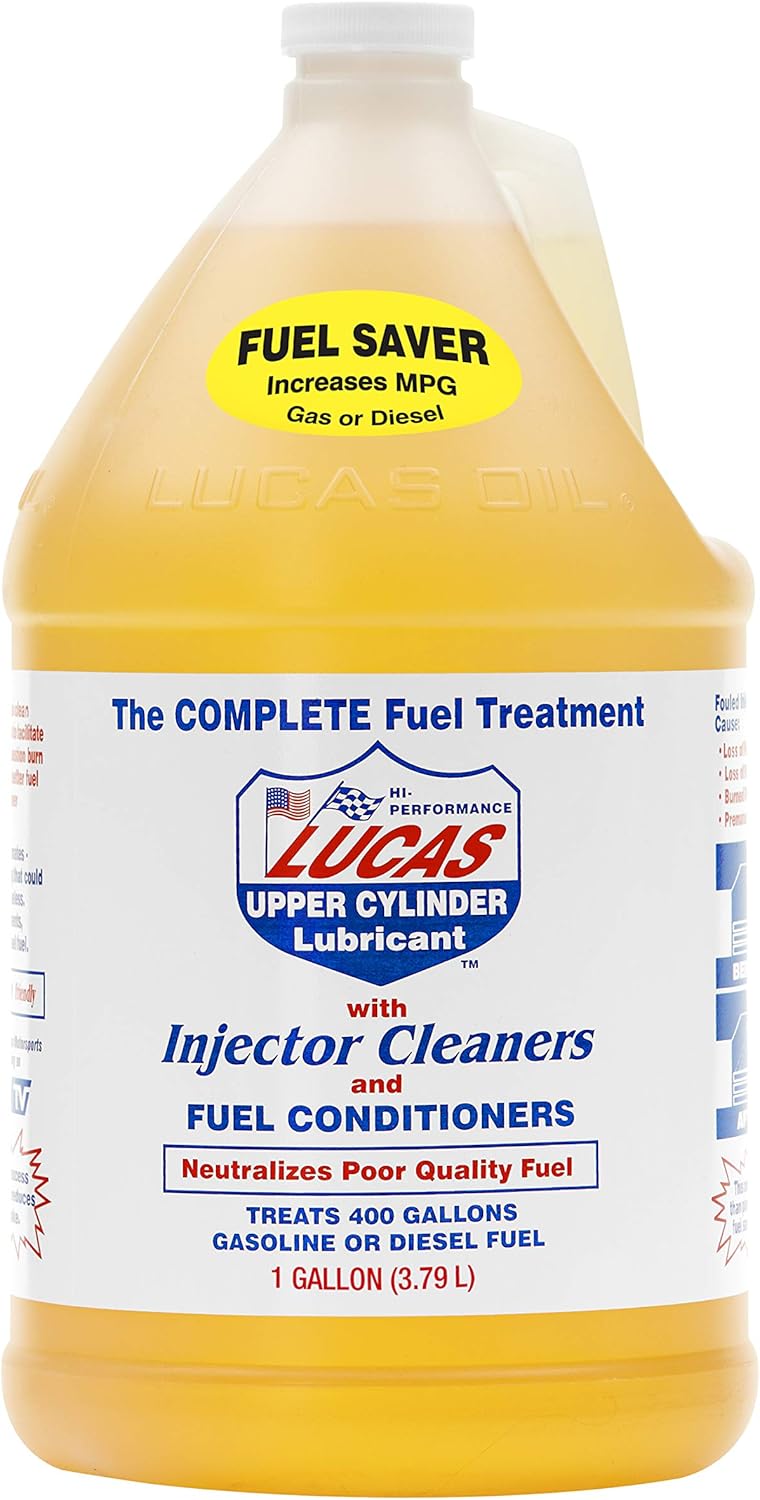A fuel pump is a very important component of your vehicle’s powertrain. It is responsible for supplying fuel to the engine, and its proper functioning is essential for your car’s performance. Without the right lubrication, your fuel pump can suffer from wear and tear, leading to decreased performance and other problems.
In this blog, we will discuss why and how to lubricate your fuel pump for optimal performance.
Article Navigation
What is a Fuel Pump?
A fuel pump is a part of the vehicle’s fuel system that is responsible for delivering fuel from the fuel tank to the engine. The fuel pump is usually located inside the fuel tank and is driven by an electric motor or a camshaft. The fuel pump is designed to ensure that the fuel is delivered at a constant pressure and flow rate.
Fuel pumps come in different types and are used in different types of vehicles. In modern vehicles, the fuel pump is usually located inside the fuel tank, while older vehicles may have an external fuel pump.
Best Fuel System Cleaners
Every product was carefully curated by an Esquire editor. We may earn a commission from these links.
Different types of Fuel Pumps
There are several types of fuel pumps available on the market, including electric fuel pumps, mechanical fuel pumps, and diaphragm fuel pumps. Electric fuel pumps are the most common type of fuel pump and are used in most modern vehicles.
They are powered by an electric motor, which is usually located inside the fuel tank. Mechanical fuel pumps are powered by the engine and are typically used in older vehicles. Diaphragm fuel pumps are powered by an external air source, such as a vacuum.
Benefits of Lubricating your Fuel Pump
Lubrication is essential for the proper functioning of your fuel pump. It helps to reduce the friction between the parts of the fuel pump, which can lead to wear and tear and decreased performance.
Lubrication also helps to protect the fuel pump from corrosion, which can cause it to become clogged or malfunction. By lubricating your fuel pump regularly, you can help to prolong its life and ensure that it runs smoothly.
How to check if your Fuel Pump needs Lubrication
The best way to check if your fuel pump needs lubrication is to inspect it visually. If you notice any signs of wear and tear on the fuel pump, then it is likely that it needs to be lubricated.
You should also check the fuel pump for any signs of corrosion, which can indicate that the fuel pump needs to be lubricated.
What type of Lubrication should you use?
The type of lubrication that you should use on your fuel pump depends on the type of fuel pump that you have. Electric fuel pumps typically require a synthetic oil-based lubricant, while mechanical fuel pumps require a petroleum-based lubricant.
It is important to use the correct type of lubricant for your fuel pump in order to ensure that it functions properly.
How to Lubricate your Fuel Pump
Lubricating your fuel pump is a simple process that can be done at home. To begin, you should remove the fuel pump from the fuel tank. This can be done by unscrewing the bolts that hold the fuel pump in place.
Once the fuel pump is removed, you should inspect it for any signs of wear and tear or corrosion. If you do find any, then you should clean the fuel pump and apply a lubricant.
Once the fuel pump is lubricated, you should reinstall it in the fuel tank and ensure that it is properly sealed. After reinstalling the fuel pump, you should start your vehicle and check the fuel pump for any signs of leaks or other issues.
Tips for maintaining your Fuel Pump
To ensure that your fuel pump is functioning properly, you should follow these tips for maintenance:
- Check the fuel pump regularly for signs of wear and tear or corrosion.
- Use the correct type of lubricant for your fuel pump.
- Replace the fuel filter regularly to prevent dirt and debris from clogging up the fuel pump.
- Keep the fuel tank filled with the correct type and amount of fuel.
- If you have an electric fuel pump, check the wiring and connections regularly.
Related Guide: How to Lubricate Suspension Bushings (2023 – 2024)? The Expert Guide
Common problems with Fuel Pumps
Fuel pumps can suffer from a variety of problems, some of which can be caused by inadequate lubrication. Common problems with fuel pumps include leakage, decreased performance, and clogging.
If you notice any of these issues, then you should have your fuel pump inspected and lubricated as soon as possible.
Professional Fuel Pump Lubrication services
If you are unsure of how to lubricate your fuel pump or if you want to make sure that it is done properly, then you should consider hiring a professional fuel pump lubrication service.
These services typically specialize in the inspection and lubrication of fuel pumps, and they can help to ensure that your fuel pump is functioning properly.
FAQs
1. What lubricates a fuel pump?
In low-viscosity fuel oil, both fuel oil and lubricating oil are used for lubrication. Fuel injection pumps, therefore, are lubricated in multi-viscosity conditions when fuel oil changes.
2. Does seafoam lubricate the fuel pump?
Lubricating moving parts, particularly in the fuel system, is made easier by sea foam.
3. What lubricates a high-pressure fuel pump?
It is possible to lubricate a high-pressure pump for a common rail diesel engine with engine oil.
4. What can destroy a fuel pump?
- Fuel Starvation. To cool and lubricate the internal components, the fuel must flow continuously through the fuel pump
- Fuel Contamination
- Electrical Issues
- Insufficient Filtration
5. Is Marvel Mystery oil good for the fuel pump?
A Marvel mystery oil® lubricates every part of the fuel system, including the fuel pumps, fuel injectors, and carburetors. Your fuel will last longer if you use Marvel mystery oil in it, as it provides lubrication that fuel alone does not.
6. Why is it called Marvel Mystery Oil?
A Chicago-based company, Marvel Oil Company moved to New York in 1941 and was acquired by Turtle Wax Inc. in 1999, returning to Chicago. It was named Mystery Oil because Pierce would respond, “It’s a mystery,” when asked what type of oil it was.
7. What causes the fuel pump to keep going bad?
There are three main reasons why fuel pumps fail: contamination, overheating, and the gears wearing out over time. The in-tank fuel filter and possibly the fuel pump can be clogged with rust, debris, and dirt from the gas tank.
Conclusion
Lubricating your fuel pump is an important part of maintaining the performance of your vehicle. It helps to reduce friction, protect the fuel pump from corrosion, and prolong its life of the fuel pump.
If you notice any signs of wear and tear or corrosion on your fuel pump, then you should have it lubricated as soon as possible. If you are unsure of how to do this, then you should consider hiring a professional fuel pump lubrication service.
By following these tips and taking the time to properly care for your fuel pump, you can ensure that it runs smoothly and performs optimally.
If you want to learn more about how to lubricate your fuel pump, then contact an experienced fuel pump lubrication service today. They can provide you with the information that you need to ensure that your fuel pump is functioning properly and helping your vehicle to perform optimally.





